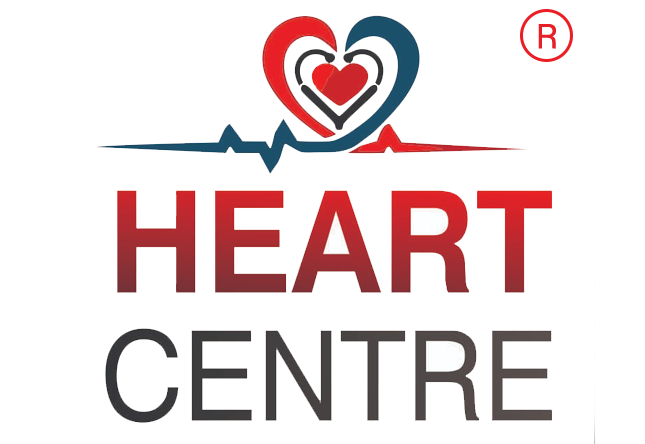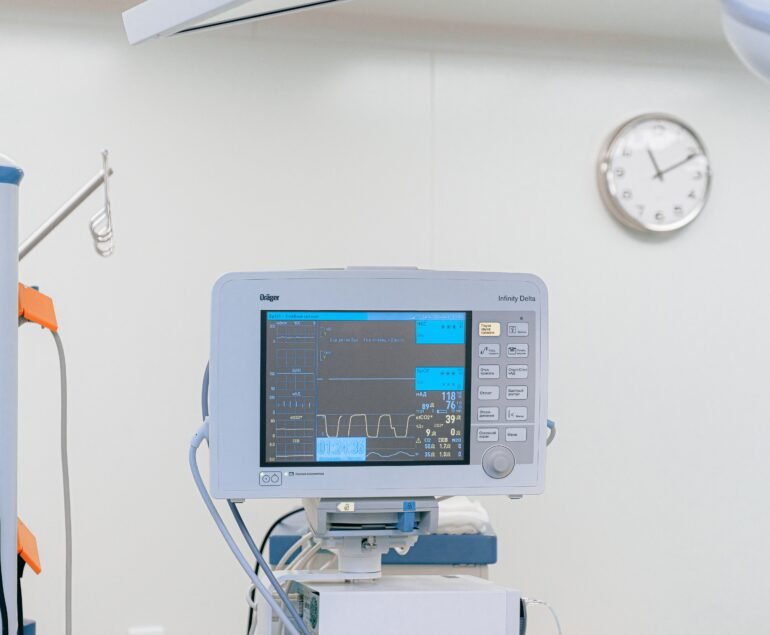Author Dr. PG Sarkar
Interventional cardiology is a demanding field that requires a high level of skill, expertise, and compassion. Interventional cardiologists use minimally invasive techniques to diagnose and treat heart problems, saving countless lives each year. However, the job of an interventional cardiologist also comes with a significant amount of stress and pressure. In this blog, we will take a closer look at the stressful life of an interventional cardiologist and the ways they balance pressure and compassion.
- High-Stakes Decisions: Interventional cardiologists are responsible for making life-or-death decisions on a daily basis. They must weigh the risks and benefits of each procedure, and make quick decisions in high-pressure situations. This can be extremely stressful and challenging, especially when the stakes are high and lives are on the line.
- Long Hours: Interventional cardiologists often work long hours, including nights and weekends, to meet the needs of their patients. This can lead to burnout and exhaustion, and can make it difficult to maintain a healthy work- life balance.
- Emotional Toll: Interventional cardiologists deal with life-threatening heart problems on a daily basis, and they often form close bonds with their patients. This can take an emotional toll, especially when patients experience complications or do not recover as expected.
- Continuous Learning: Interventional cardiology is a rapidly evolving field, and interventional cardiologists must continuously update their skills and knowledge to stay up-to-date with the latest advances. This can be stressful, especially when trying to balance a heavy workload and ongoing training.
Despite these challenges, interventional cardiologists are dedicated and compassionate professionals who are driven by a desire to help others. They balance pressure and compassion by taking care of themselves, seeking support from colleagues and family members, and finding ways to manage stress and burnout. They also find fulfillment in their work, knowing that they are making a difference in the lives of their patients.
In conclusion, the life of an interventional cardiologist can be stressful and challenging, but it is also fulfilling and rewarding. Interventional cardiologists are heroes in their own right, balancing pressure and compassion each day to help others. If you or a loved one are in need of interventional cardiology services, you can be confident that you are in good hands with an interventional cardiologist who is dedicated to helping you




